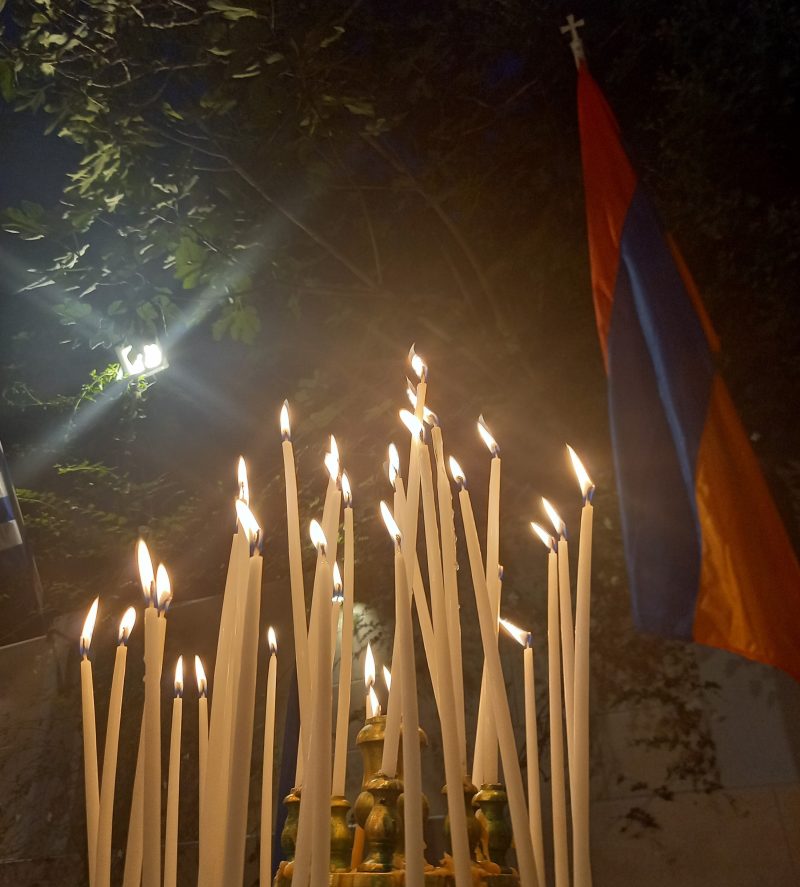Looking with concern at the humanitarian emergency taking place in Nagorno
Karabakh, the Presidency of the Council of European Bishops’ Conferences joins the
Pope’s repeated calls for a negotiated solution in the region that has been at the centre
of conflict for too long and asks the international community to alleviate the
humanitarian emergency of the hundreds of thousands of displaced.
According to the latest figures, there are about 100,000 ethnic Armenians who have
fled Nagorno Karabakh. The region, which is controlled by Azerbaijan, but has a high
Armenian population, has been the subject of an international dispute for some 30
years. This is also endangering the Christian heritage of the region.
After the 2020 conflict, which had led to a painful peace for Armenia with the loss of
control of the territories of some historic monasteries, for months the Lachin corridor,
the only access route between the Nagorno Karabakh capital Stepanakert and the
Armenian capital Yerevan, was blocked by activists, creating a first humanitarian
crisis.
In recent weeks, Azerbaijan launched an ‘anti-terrorist operation’ in the region which
caused an exodus of all ethnic Armenians. Over 100,000 have left the ancient land of
Artsakh.
The bishops of the Council of European Bishops’ Conferences look on this
humanitarian tragedy with great concern. Together with Pope Francis, they appeal “for
dialogue between Azerbaijan and Armenia, hoping that the talks between the parties,
with the support of the international community, will favour a lasting agreement that
will put an end to the humanitarian crisis”.
At the same time, the CCEE calls for a monitoring of the Christian heritage in Nagorno
Karabakh. According to a European Parliament resolution from 10 March 2022, there
are 1456 Armenian monuments that came under Azerbaijan’s control after the ceasefire
in 2020 and were already damaged during the war.
It also hopes that the international bodies will find a negotiated solution that guarantees
the safety of the displaced and their right to return to the lands where they grew up with
their traditions; that the international resolutions that called for free access to the Lachin
corridor will be respected; that the humanitarian emergency will be resolved with
solutions that put the human person, and not political interests, at the centre of
decisions.
Saint Gallen, 5 October 2023

